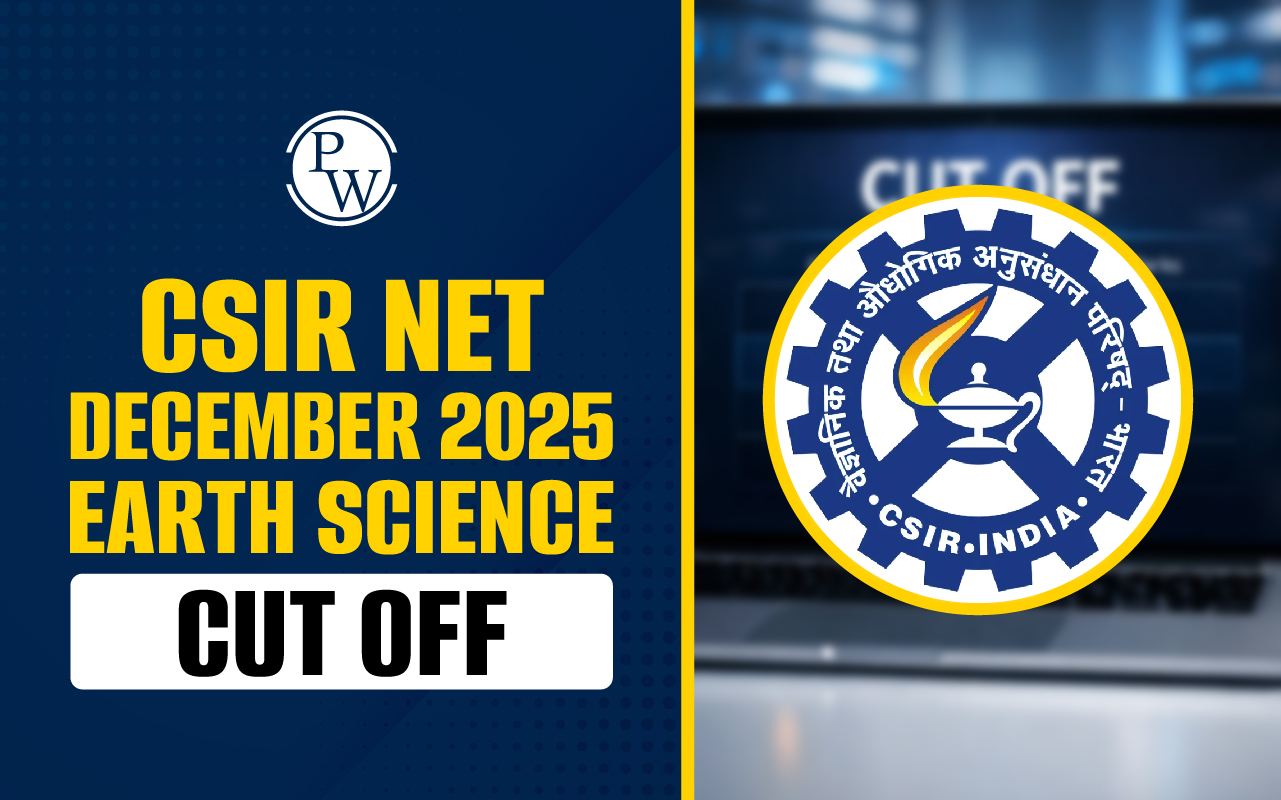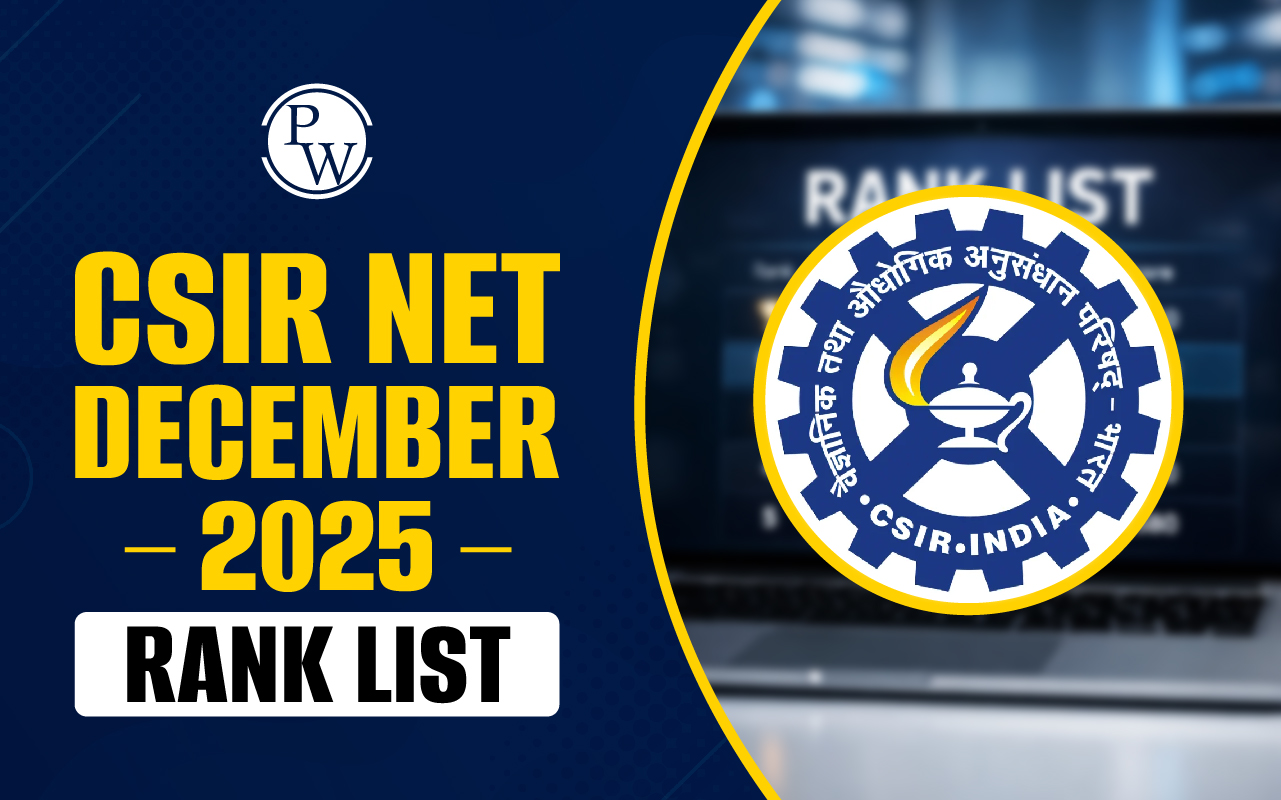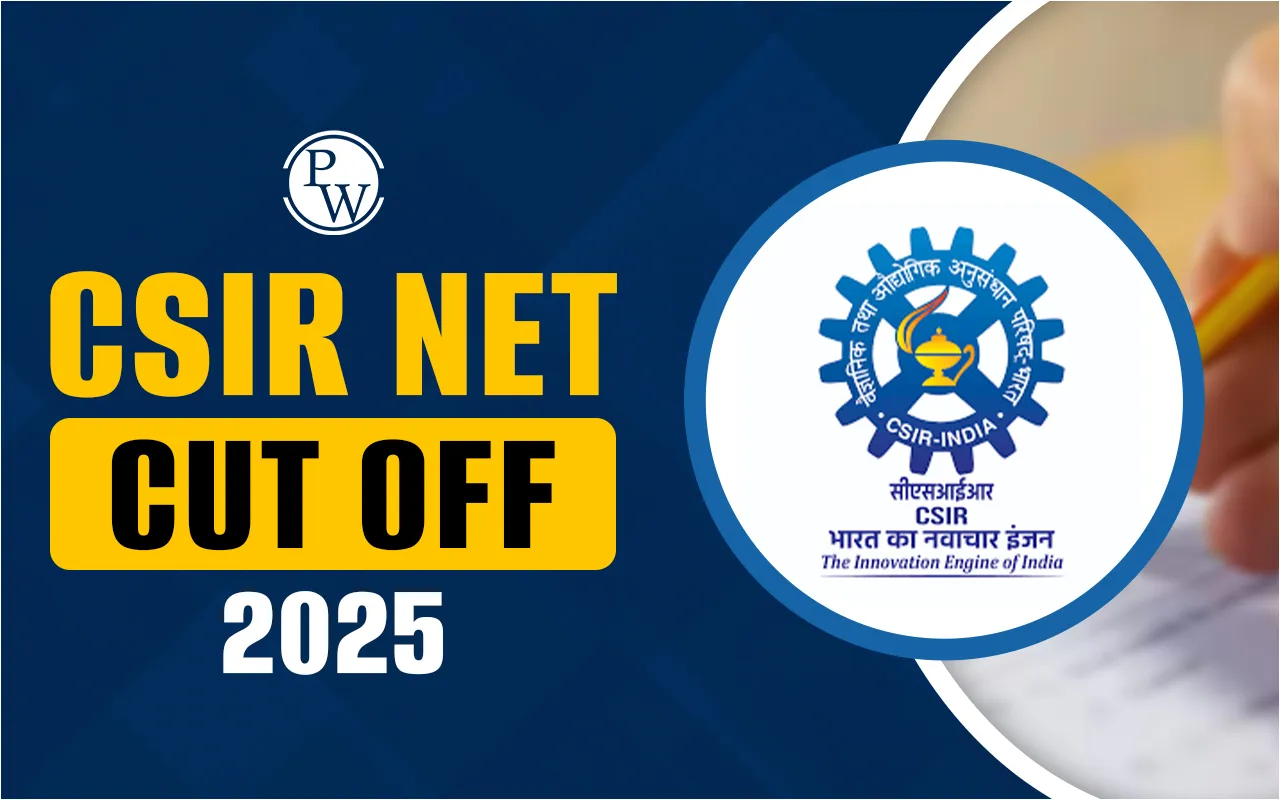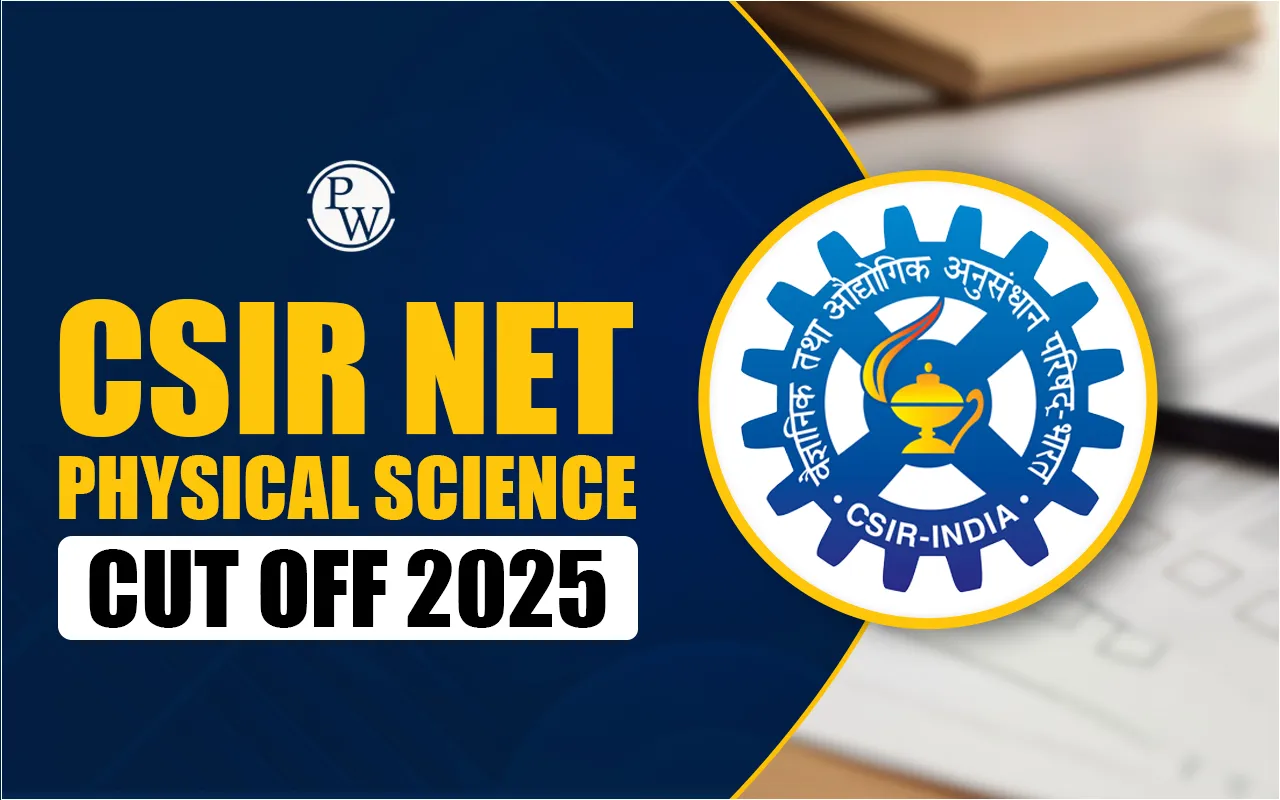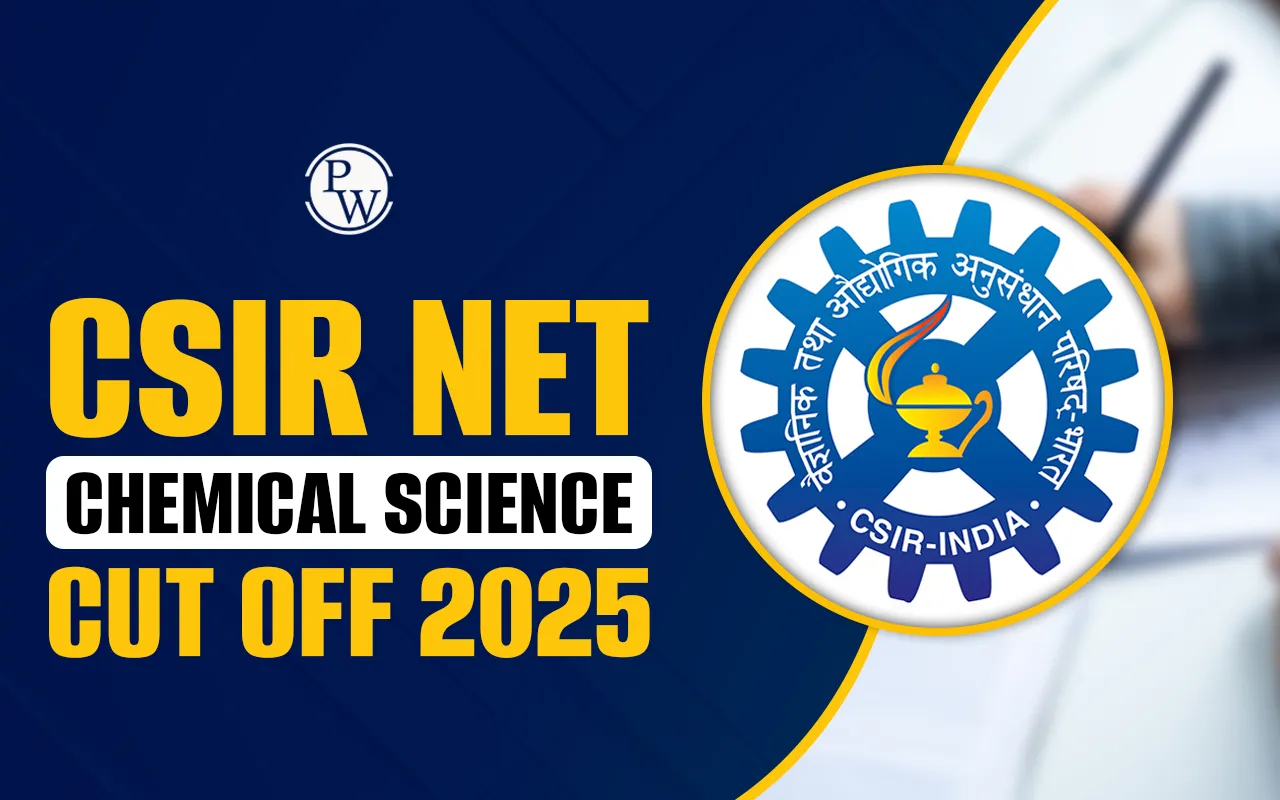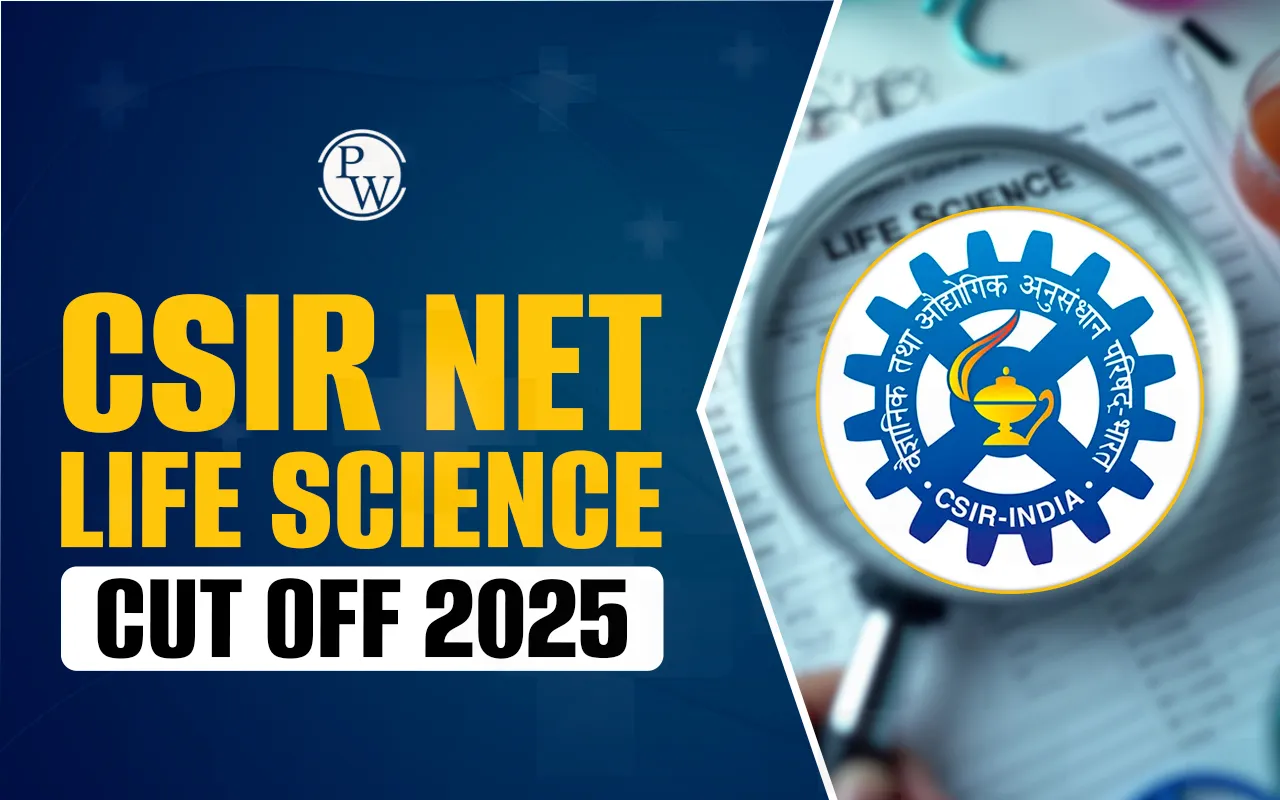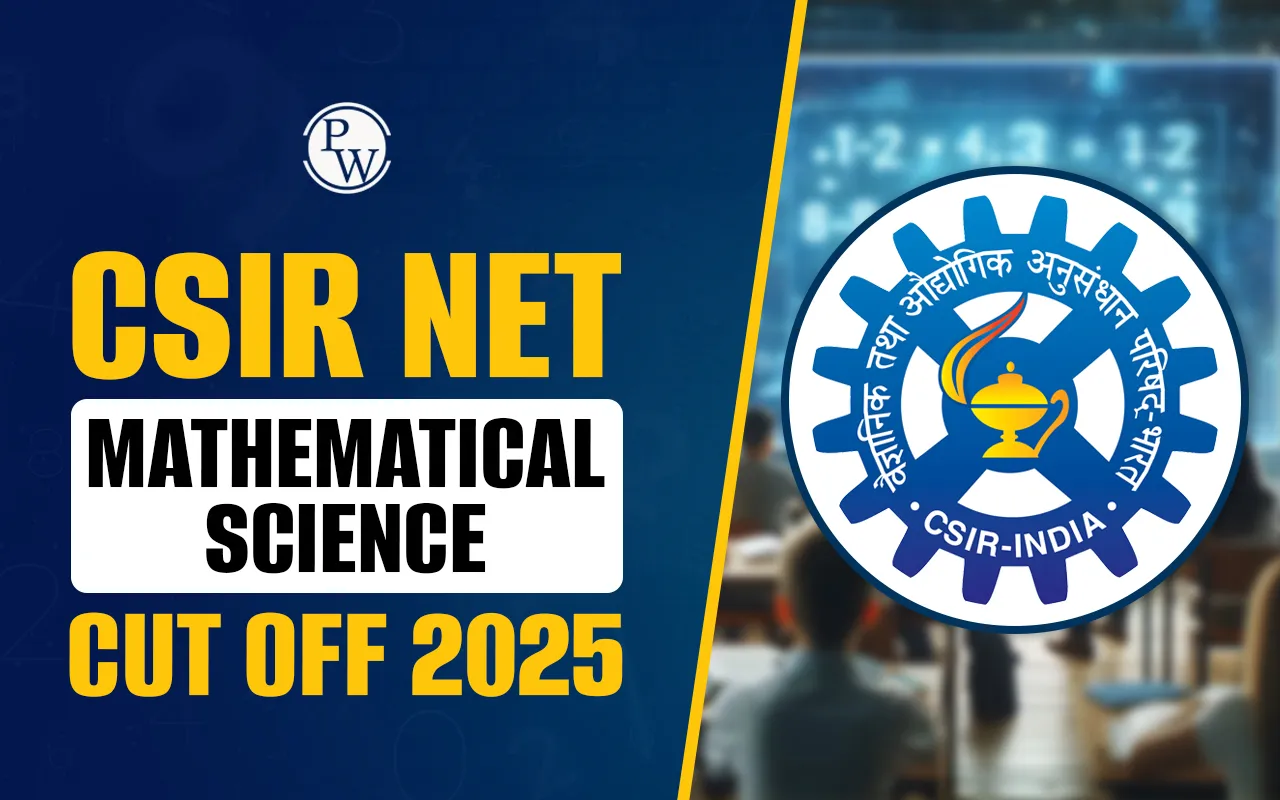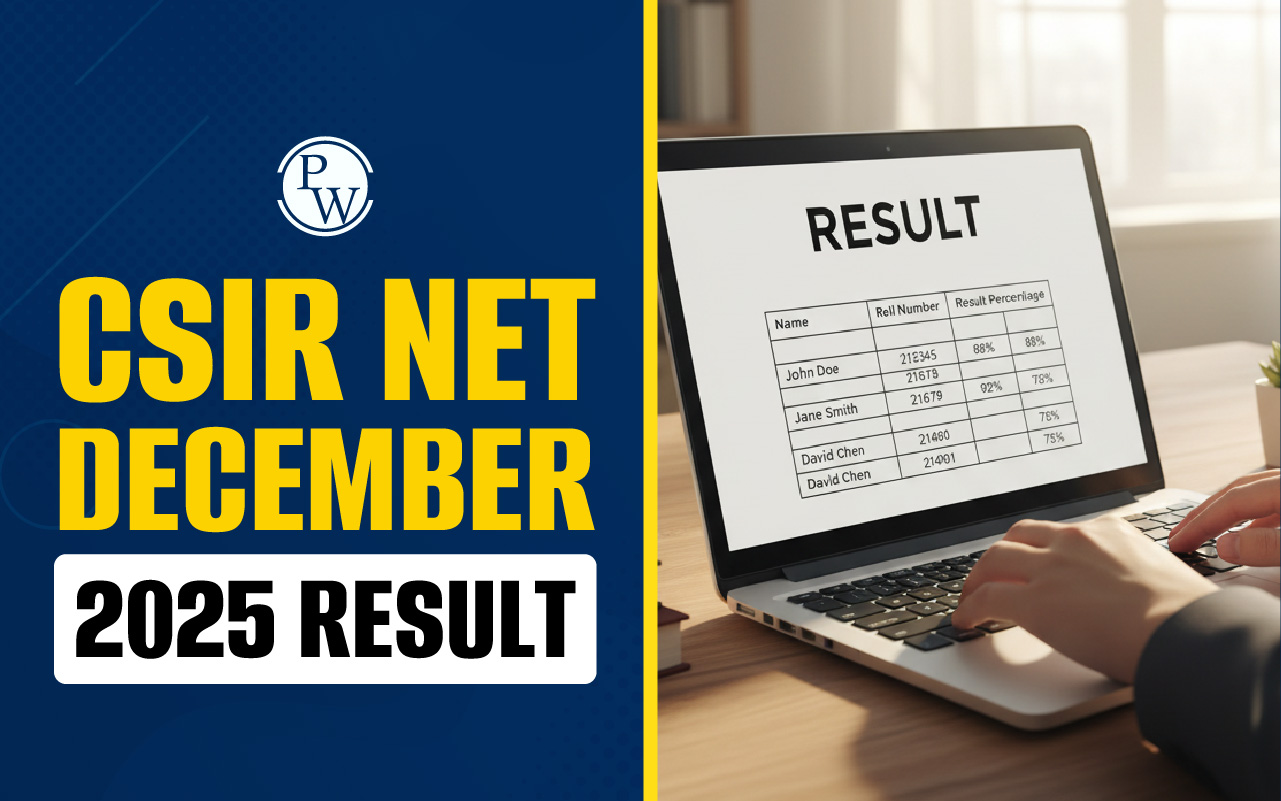
DBT BET 2025: The National Testing Agency has released the DBT BET 2025 notification. The candidates can go through the notification to know about the eligibility criteria, application form dates. The DBT BET Application Form 2025 will be open from 28 February, 2025 and it will end on 28 March, 2025. Whereas, DBT BET 2025 exam is scheduled for 13 May, 2025.
DBT BET 2025 Overview
DBT BET 2025 exam is scheduled to be held on 13 May, 2025. Know about the complete details about the same in the table below.
|
Conducting Body |
National Testing Agency |
|
Department |
Department of Biotechnology (DBT), Government of India, through nodal agency, Regional Centre for Biotechnology (RCB), Faridabad |
|
DBT BET Full Form |
Biotechnology Eligibility Test |
|
Exam Name |
DBT BET, DBT BET 2025, BET Exam 2025 |
|
DBT BET 2025 Application Form |
28th February to 28th March, 2025 |
|
DBT BET Exam Date 2025 |
13 May, 2025 |
|
Eligibility Criteria |
Candidate must have a Bachelor’s degree in B.E., B.Tech., M.B.B.S., or an equivalent field. |
|
Official Website |
exams.nta.ac.in/DBT/ |
DBT BET 2025 Important Dates
Candidates can know about the important dates for DBT BET 2025 from the table below.
|
Events |
DBT BET 2025 |
|
DBT BET Notification 2025 |
28 February, 2025 |
|
DBT BET Application Form 2025 Opens |
28 February to 28 March, 2025 |
|
DBT BET Application Form 2025 Ends |
28 March, 2025 |
|
DBT BET Application Form 2025 Edit Facility |
30-31 March, 2025 |
|
DBT BET Exam 2025 |
13 May, 2025 |
|
DBT BET Admit Card 2025 |
To be Released Soon |
|
DBT BET Result 2025 |
To be Released Soon |
DBT BET 2025 Notification
The DBT BET 2025 notification was released on February 28, 2025. The online application process started on the same day and will remain open until March 28, 2025. Candidates must submit their applications by 5:00 PM on the last date, and the exam date will be announced later. Candidates can download the DBT BET 2025 notification to find detailed information regarding eligibility criteria, exam dates, and the application process. This notification is crucial for those interested in applying for the Biotechnology Eligibility Test.
DBT BET Eligibility Criteria 2025
Candidates willing to apply for DBT BET 2025 can know about the basic eligibility criteria from the section below.
DBT BET Age Limit 2025
The age criteria for DBT BET 2025 are as follows: General and EWS candidates must be up to 28 years old as of the application deadline. SC/ST, Differently Abled, and Women candidates are eligible up to 33 years, benefiting from a 5-year relaxation. OBC (Non-Creamy Layer) candidates can apply until the age of 31, with a 3-year relaxation.
DBT BET Educational Qualification 2025
Candidates applying for the DBT BET 2025 must meet specific educational qualifications. A Bachelor’s degree in B.E., B.Tech., M.B.B.S., or an equivalent field is required. Additionally, candidates should possess a Master’s degree such as M.Sc., M.Tech., M.VSc., M.Pharm, or an Integrated M.Sc./M.Tech. in Biotechnology, Life Sciences, or related biological disciplines.
Importantly, final-year students who are currently appearing for their last semester examinations or awaiting results are also eligible to apply, ensuring inclusivity for prospective candidates.
DBT BET Apply Online Link 2025
Candidates interested in the Biotechnology Eligibility Test (BET) 2025 can apply through the official website, http://dbtbet2025.ntaonline.in/. It is crucial for applicants to read the detailed notification before submission. The application form will remain active until March 28, 2025, ensuring ample time for candidates to complete their applications. Additionally, the exam is set to take place on May 13, 2025, providing a clear timeline for preparation and submission.
DBT BET Application Fee 2025
The DBT BET Application Fee 2025 has been released online. Candidates can pay the BET application fee online using their preferred payment method. Know about the category wise application fee for DBT BET 2025 below.
|
DBT BET 2025 Application Fee |
|
|
Category |
Fee |
|
General/ OBC/ EWS |
Rs. 1300/- |
|
SC/ST/PWD |
Rs 650/- |
DBT BET Exam Pattern 2025
-
The question paper consists of two parts: Part A (General Aptitude & General Biotechnology) and Part B (General plus Specialized Branches in Biotechnology).
-
Part A includes 50 compulsory multiple-choice questions (MCQs) covering General Science, Mathematics, Chemistry, General Aptitude, Analytical Skills, Quantitative Ability, and General Biotechnology.
-
Part B contains a total of 150 questions, from which candidates must answer 50. Questions in Part B will encompass General Biotechnology along with specialized areas.
-
There will be negative marking and for each incorrect response, 01 (one) mark will be deducted from the total marks.
|
Section |
Topics Covered |
Number of Questions |
Total Marks |
|
Section A |
General Science, Mathematics, Chemistry, General Aptitude, Analytical and Quantitative Ability, General Biotechnology |
50 (Compulsory) |
150 |
|
Section B |
Specific areas in Biotechnology |
150 (Attempt 50) |
150 |
DBT BET Syllabus 2025
The DBT BET 2025 syllabus emphasizes a comprehensive understanding of biotechnology, featuring core subjects such as molecular biology, genetics, and biochemistry. It assesses candidates through multiple-choice questions, ensuring a robust evaluation of their knowledge and analytical skills in the field.
|
Subject Area |
Specific Topics |
|
General Science |
- Cell Biology: Structure and function of cells, organelles, cell cycle, cell signaling.Genetics: Mendelian inheritance, molecular genetics, gene expression, mutations.Evolution: Theories of evolution, population genetics, mechanisms of speciation.Ecology: Ecosystems, biodiversity, environmental science.Physiology: Human and plant physiology, organ systems. |
|
Mathematics |
- Differential Calculus: Limits, continuity, differentiation, applications.Integral Calculus: Integration, definite integrals, applications.Differential Equations: Ordinary differential equations, solutions. - Basic Probability: Events, probability distributions.Statistical Inference: Hypothesis testing, confidence intervals. - Matrices: Operations, determinants, eigenvalues, eigenvectors.Vectors: Vector spaces, linear transformations. |
|
Chemistry |
Reaction Mechanisms: SN1, SN2, E1, E2, addition, elimination, substitution.Stereochemistry: Chirality, enantiomers, diastereomers.Spectroscopy: NMR, IR, UV-Vis.Natural Products: Structure and synthesis. Enzyme Kinetics: Michaelis-Menten kinetics, inhibition.Metabolic Pathways: Glycolysis, Krebs cycle, oxidative phosphorylation.Nucleic Acid Chemistry: DNA and RNA structure, replication, transcription, translation.Protein Chemistry: Structure, folding, purification. Coordination Chemistry: Ligands, complexes, crystal field theory.Main Group Elements: Properties and reactions.Transition Metals: Properties, applications, organometallic chemistry. |
|
General Aptitude |
- Reading comprehension, vocabulary, grammar, sentence completion. |
|
- Deductive and inductive reasoning, syllogisms, analogies, logical puzzles. |
|
|
- Interpretation of graphs, charts, tables. |
|
|
Analytical and Quantitative Ability |
Arithmetic, algebra, geometry, trigonometry.Data analysis and interpretation.Problem-solving and quantitative reasoning. |
|
- Identifying patterns, drawing conclusions, problem-solving.Critical thinking and logical deduction. |
|
|
General Biotechnology |
-DNA replication, transcription, translation, gene regulation.Recombinant DNA technology, cloning, PCR.Genomics, proteomics, bioinformatics.Genetic engineering and gene therapy. |
|
- Bacterial, viral, and fungal biology.Microbial genetics, fermentation, industrial microbiology.Immunology: Innate and adaptive immunity, antibodies, vaccines. |
|
|
- Plant tissue culture, genetic engineering of plants.Animal cell culture, transgenic animals, reproductive biotechnology. |
|
|
- Fermentation technology, bioreactor design, downstream processing.Bioseparation techniques, purification. |
|
|
- Database searching, sequence analysis, phylogenetic analysis.Structural bioinformatics, systems biology. |
|
|
- Next-generation sequencing, genome editing (CRISPR).Mass spectrometry, protein structure and function. |
|
|
- Diagnostics, therapeutics, drug delivery.Stem cell technology, regenerative medicine. |
|
|
- Bioremediation, waste management, renewable energy. |
DBT BET Stipend 2025
Candidates who qualify under Category I of the DBT BET 2025 will be eligible for the DBT-Junior Research Fellowship (DBT-JRF). This fellowship offers a monthly stipend along with additional benefits, including House Rent Allowance (HRA) and a contingency grant. Below are the details regarding the stipend and fellowship for both Junior Research Fellows (JRF) and Senior Research Fellows (SRF) under DBT BET 2025.
|
Category |
Stipend |
Duration |
Additional Benefits |
|
Junior Research Fellow (JRF) |
Rs. 37,000/- per month |
First 2 years |
– HRA (if applicable) – Contingency grant of Rs. 30,000/- per annum |
|
Senior Research Fellow (SRF) |
Rs. 42,000/- per month |
Next 3 years (after assessment) |
– HRA (if applicable) – Contingency grant of Rs. 30,000/- per annum |
DBT BET Answer Key 2025
The DBT BET 2025 answer key will be made available online, serving as a crucial tool for candidates to calculate their scores from the exam. This key not only aids in estimating individual performance but also provides an opportunity for candidates to challenge any incorrect answers. The process for raising objections will be outlined on the official website, ensuring transparency and fairness in the evaluation.
DBT BET Result 2025
The DBT BET Result 2025 is set to be released online, providing candidates with access to their scorecards and detailed subject-wise marks. The results will be categorized separately for both Category I and II, ensuring clarity in the evaluation process. Candidates who meet the minimum qualifying marks will be eligible for inclusion in the final merit list. The DBT BET scorecard helps a candidate to know about the marks scored in the examination.
DBT BET Cut Off Marks 2025
The DBT BET Cut Off Marks 2025 will be released online, detailing the category-wise qualifying marks for Category I and II candidates. This information is essential for understanding the minimum scores required for inclusion in the final merit list, and candidates should regularly check the official DBT website for updates. Candidates who achieve the minimum cut-off marks will be eligible for consideration in the final merit list. The cut-off marks will be published separately for each category, ensuring transparency in the selection process.
DBT BET 2025 FAQs
What is DBT bet for?
What is the scholarship amount for DBT bet?
What is the qualification for DBT?
What is DBT payment?
What is the last date for DBT Bet 2025 application form?


